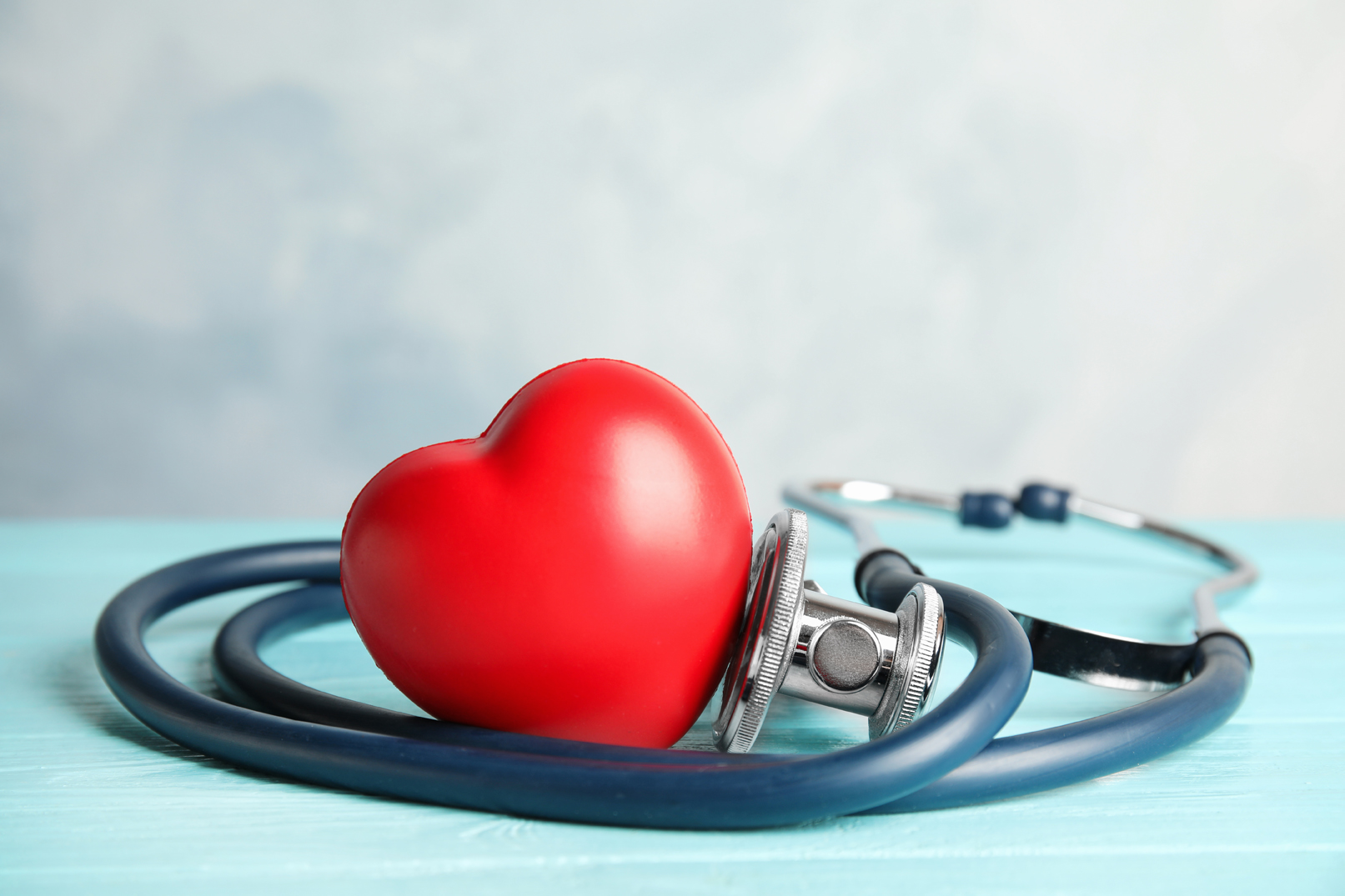At Thibodaux Regional Urgent Care – Thibodaux, we take heart health seriously. We offer EKGs 7 days a week to check the health of your heart when you need it most. These noninvasive tests are an effective way to check your heart quickly and painlessly, especially when you are experiencing symptoms such as chest pain, rapid heartbeat or difficulty breathing.
Don’t delay treatment; visit us today for a comprehensive evaluation of your heart.
What is an EKG?
An EKG, or electrocardiogram, is a medical procedure that evaluates the heart’s electrical impulses in an effort to check the overall health of your heart.
An EKG works by recording electrical impulses to show how fast the heart is beating, the rhythm of the heartbeats, and the strength and timing of the electrical impulses as they move throughout the heart’s chambers. Irregularities, or changes, in an EKG can be a sign of a heart-related condition.
Where can I get an EKG done?
EKGs can be performed in a variety of medical settings, including:
- A doctor’s office
- Clinic
- Urgent care center
- Emergency room
- Hospital room
Thibodaux Regional Urgent Care – Thibodaux offers EKGs 7 days a week with no appointment necessary. Schedule ahead or simply walk-in today.
When do I need an EKG?
You may need an EKG, in a non-urgent manner, if you:
- Have a history of heart attack or other heart-related conditions
- Have a pacemaker
- Have a family history of heart-related health problems
- Are taking certain heart medications
- Need to check your heart health, at a provider’s request, before surgery
We recommend getting an EKG if you are experiencing any of the following symptoms:
- Chest pain
- Rapid heartbeat
- Dizziness
- Fatigue
- Shortness of breath
- Arrhythmia
What can an EKG detect?
EKGs check for a variety of issues, including:
- A rapid or slow heart rate
- Inadequate blood supply to the heart
- Signs of a past or present heart attack
- A bulge in the heart’s walls
- Heart thickening
- Enlarged heart
Although these signs don’t always indicate a severe condition, they can act as a baseline to monitor the health of your heart for years to come.
When EKGs do indicate a heart-related health condition, the most common ones include:
- Arrhythmia
- Coronary artery disease
- Heart disease
- Heart attack
What is the procedure like?
The procedure typically takes place in a standard patient room. Small sensors, or electrodes, are attached to specific body parts, including the chest, back, arms and legs.
The electrodes are connected to the skin by a sticky pad. Once adhered, they are connected to electrical wires that transmit your heart readings to a monitor for tracking. Results are printed out and reviewed during your appointment.
How long does an EKG test last?
The actual testing time varies by person but is usually no more than 10 minutes. In most cases, active monitoring only takes about 2-3 minutes.
Do I have to schedule an EKG ahead of time?
No appointment is necessary, and walk-ins are always welcome. Our compassionate team is available 7 days a week to provide heart-related screenings, including EKGs, for fast, reliable diagnosis and treatment. If you are experiencing new or worsening symptoms, don’t delay. At Thibodaux Regional Urgent Care – Thibodaux, we are here to help you navigate your heart-related condition every day.

